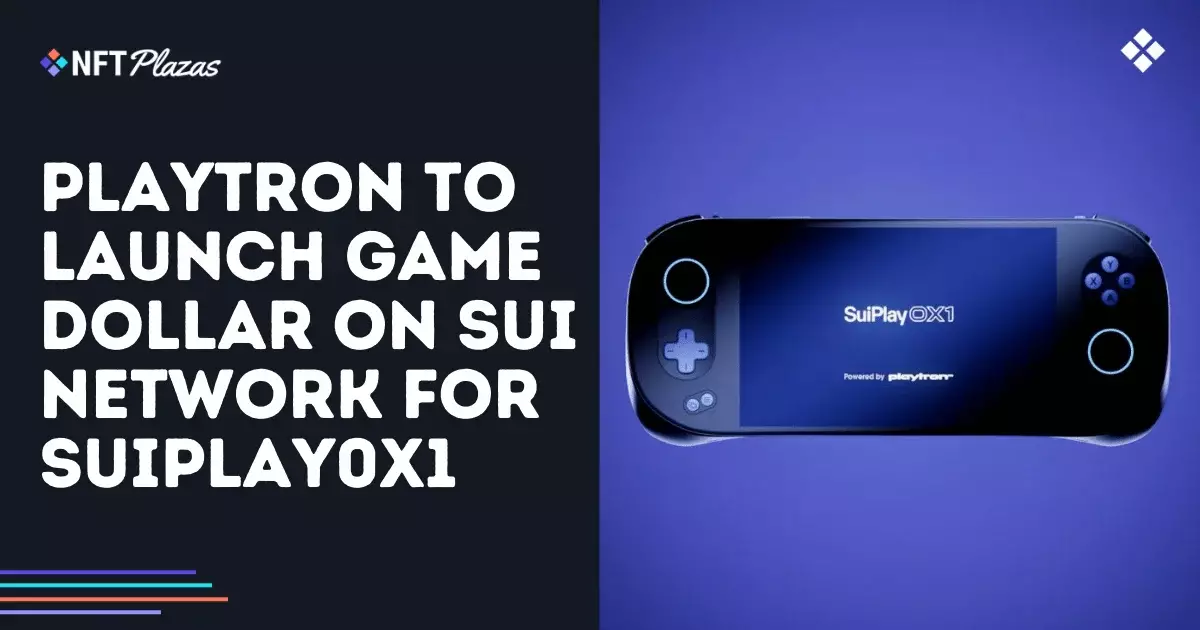In an era where the convergence of technology and entertainment is at an all-time high, Game Dollar emerges as a distinctive player in the evolving landscape of gaming currencies. Announced amid the vibrant discussions at the Sui Basecamp in Dubai, this stablecoin by Playtron symbolizes a strategic evolution towards a streamlined financial ecosystem tailored specifically for gaming. Unlike traditional currencies that dominate decentralized finance markets, Game Dollar aims to carve out its territory by prioritizing the gaming industry’s unique needs.
Why Game Dollar is Not Just Another Stablecoin
The unique positioning of Game Dollar becomes especially interesting when we note that it is underpinned by short-term U.S. Treasury assets. This decision infuses a sense of security into an otherwise volatile cryptocurrency landscape. While the industry faces endless skepticism regarding the reliability of digital currencies, Game Dollar’s backing by such stable financial instruments is a game-changer. It suggests a level of maturity in understanding that gamers prioritize stability and predictability over fluctuating asset values.
Integration with GameOS: A Seamless Experience
What truly captivates the imagination, however, is the seamless integration of Game Dollar into the Linux-based GameOS of the SuiPlay0X1 handheld device. This built-in wallet interface is set to revolutionize in-game transactions. With rising concerns about the cumbersome processes involved in conventional payment systems, Playtron’s approach signifies a significant advancement in ensuring user-friendliness. Gamers want fluidity, and the design of Game Dollar caters to this demand meticulously by removing the dependency on third-party payment providers.
The Untapped Potential of Programmable Features
Although still shrouded in mystery, the potential for programmable features within Game Dollar raises significant prospects for innovation within the gaming ecosystem. The prospect of utilizing yields from underlying reserves for platform-level functions, such as user incentives, can drive engagement to unprecedented levels. By introducing new methods for players to earn, Game Dollar may not only enhance user experience but also stimulate overall game engagement. The question remains—how effectively will such features be implemented, and what creativity will developers bring to bear on this newfound flexibility?
Challenges Ahead: The Road to Acceptance
Despite the buzz surrounding Game Dollar, its successful entry into the gaming market will not be devoid of challenges. The gaming industry is notoriously resistant to change; developers and players alike may be hesitant to embrace a new currency, especially with no confirmed titles or support from established developers at launch. Additionally, while centralization in a decentralized world may streamline initial processes, it could alienate a segment of gamers who value the open, decentralized ethos many cryptocurrencies promote.
As Game Dollar prepares to launch in the fourth quarter of 2025 alongside the SuiPlay0X1, all eyes will be on its acceptance and adaptability in a realm where traditional gaming meets modern technology.















Leave a Reply